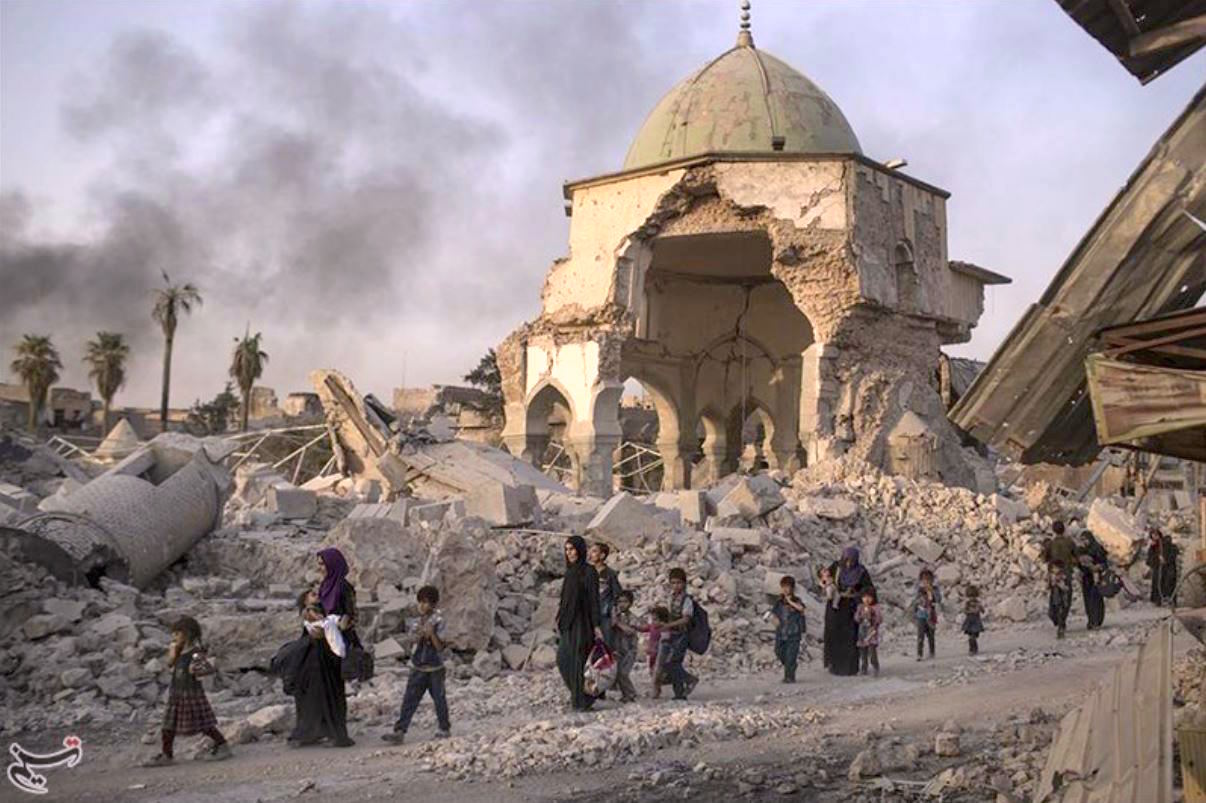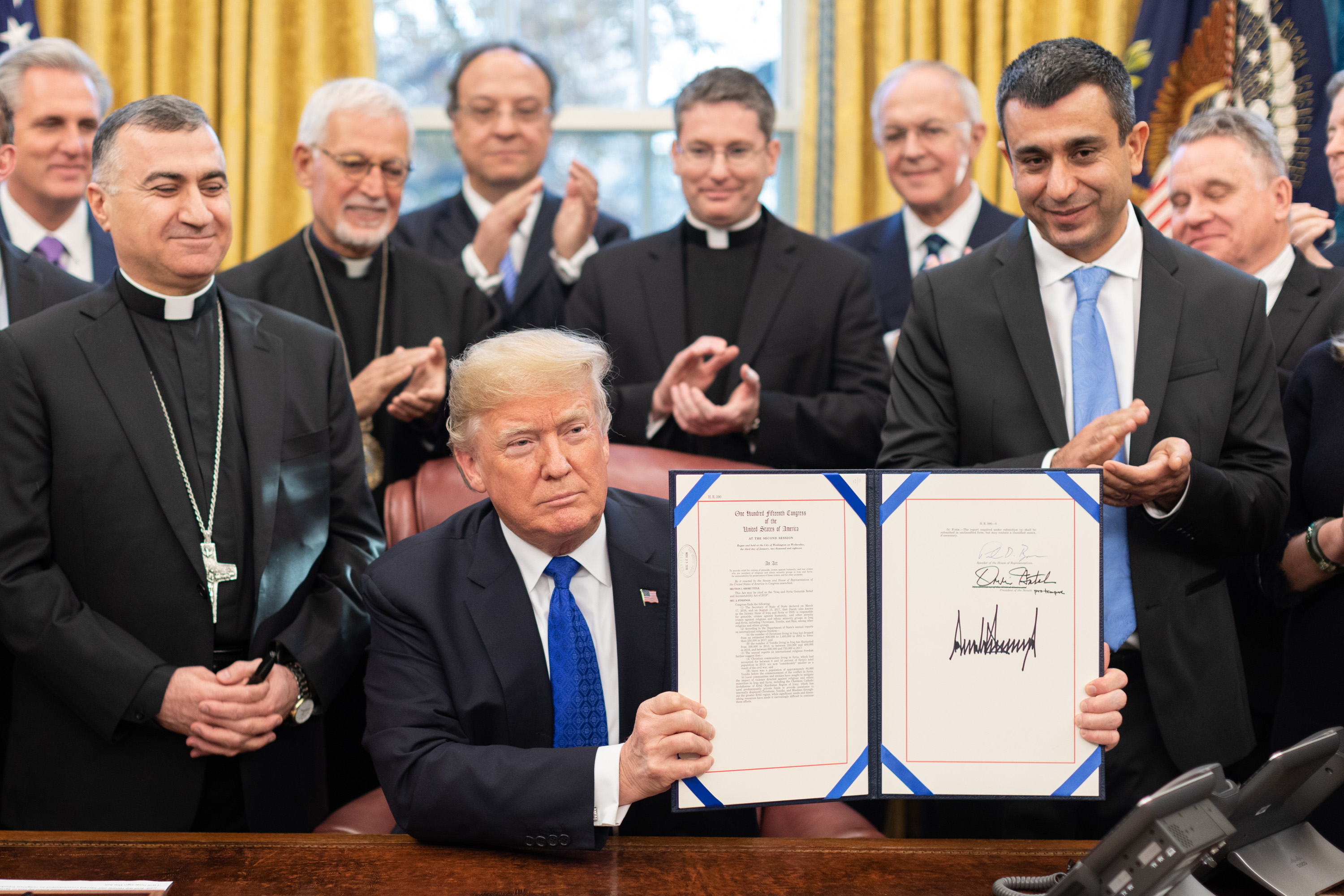What Happened?
Many people in Eastern Ghouta, a rebel-held area on the east side of Damascus, Syria, were treated for exposure to chlorine gas Sunday, Feb. 25, according to a CNN report. A tweet from the Syrian American Medical Society said 16 people, including six children and four women, were among those treated. Another tweet from The White Helmets, a volunteer search and rescue group in Syria, said one child was killed.
The Latest
The United Nations Security Council issued a 30-day ceasefire Saturday in Eastern Ghouta to allow rescuers to recover bodies and provide civilians with aid and medical evacuations. The vote was unanimous. An airstrike shortly followed the vote, and more than 500 people have been killed as a result of the strikes since Feb. 18, according to Reuters.
The Syrian government maintains it is working to combat terrorism in the area, according to Reuters. Close to 400,000 people have lived under siege in the city since 2013.
The Associated Press reported Monday that Russian President Vladimir Putin has ordered daily “humanitarian pauses” in Eastern Ghouta. Putin ordered the opening of an evacuation route for civilians and that the cease-fire shall take place between 9 a.m. and 2 p.m. beginning Tuesday, Feb. 27. At least 10 more people were killed in strikes on Monday, according to the AP.
In Context
The strikes occurring since Feb. 18 constitute one of the deadliest strings of strikes the seven-year war has seen, according to NPR. The Syrian Civil War has seen involvement from other countries including Russia, Turkey and the U.S. since it began in 2011. The alleged chlorine attack Sunday was the 197th chemical attack since 2011 and the seventh in 2018, according to SAMS.



